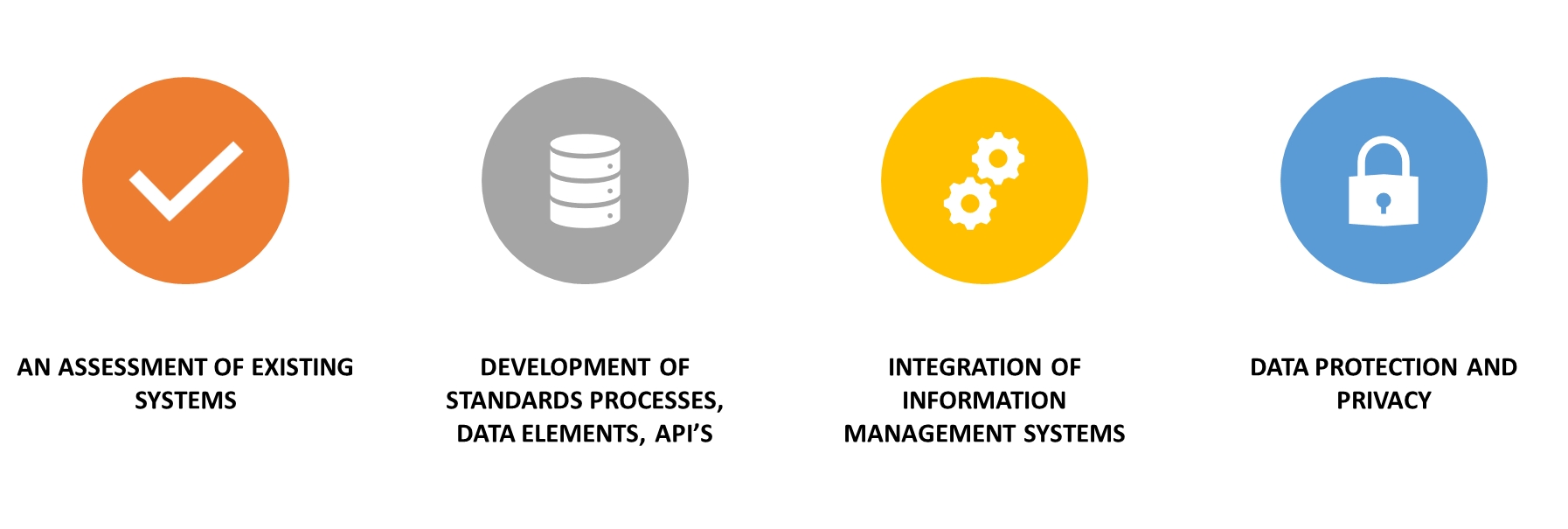Introduction
While the structure and content of identification systems vary significantly across countries, the objective of these standards is to provide a practical framework that supports cross-system interaction—without prescribing how ID systems themselves should be built or how they interoperate with non-SP systems.
The Digital Convergence Initiative (DCI) has adopted OpenID Connect and Verifiable Credentials standards to facilitate interoperability between national identification (ID) systems and social protection (SP) systems. The standards provide a secure and interoperable authentication and data sharing framework. These open standards ensure that SP systems can request and receive reliable identity data, such as demographic attributes and authentication tokens, from identification systems in a trusted and privacy-preserving manner.
These standards do not address how to build an identification system, nor how to integrate it with non-SP domains (such as health or education). Instead, they concentrate on what is needed for interoperability specifically between ID and SP systems—enabling social registries, integrated beneficiary registries, and other SP platforms to connect meaningfully and securely with ID systems.
In doing so, we aim to strengthen the overall digital ecosystem supporting inclusive development, and help governments deliver more efficient, transparent, and equitable services to their populations.

Last updated
Was this helpful?

